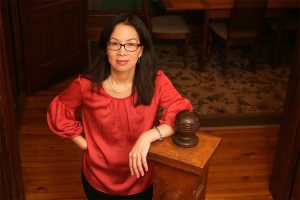
Poetry Editor Rick Barot chats with Adrienne Su about her collection-in-progress, family history, and food as a metaphor for the bittersweet taste of progress.
RB: When you submitted your poems to us, you mentioned that they are part of a long project that centers on food. Can you say more about the project as a whole, and about the two poems in NER in particular?
AS: This collection-in-progress began with the realization that my hometown, Atlanta, is turning into what I wished it were in my youth: an international city where large immigrant communities thrive, many languages are spoken, and food—whether at home or in restaurants—reflects that worldliness. Buford Highway, which in my teenage years was just one more of the obscure places my family went for dim sum, is now a foodie destination noted for stretches of signs in Chinese, Vietnamese, Spanish. For the most part, I’m glad about that. Having lived in small-town Pennsylvania for 17 years, I count on eating Chinese food whenever I go to Atlanta to see family.
In Chinese-American terms, what makes the city’s transformation bittersweet is that it was built on the mostly-invisible efforts of the earliest immigrants, including my parents, who, at least racially, were pioneers. My father arrived in 1948, when the still-segregated city did not know what to do with people neither white nor black. My mother arrived in the mid-1950s, not yet having met my father. Each grew accustomed to being the only “Oriental” person in the room, or one of few. Although both came from families with connections to the West, they had to re-create themselves while eating biscuits and gravy, and did so successfully.
They gave me a great life. Maybe this is true of all people with good parents: they made home feel permanent, safe, and abundant with good food. They also developed a network of Chinese-American friends whose homes, though scattered in various white suburbs, were our homes, too. So I’ve never gotten over the injustice that their generation has grown old, many have passed away, and many of the kids have settled elsewhere, causing the houses to be sold. How could this be? Weren’t we going to have spring-roll parties in these kitchens forever, and run into each other at the good Chinese restaurants? And what are all those hipsters doing in our restaurants?
Of course, all of this is normal, the passage of time, the American story, but it’s no less difficult for being the standard course of history. I started writing these poems when I realized that food was the best metaphor for it. Food is at the center of Chinese gatherings; food was the only thing I already understood when, in college, I studied abroad in Taiwan and China; losing beloved foods is one of the most poignant aspects of migration; and mainstream American foods of the 1970s—the kind we demean now—were also a formative part of my life.
“Substitutions” was prompted by my reading of Fuchsia Dunlop’s introduction to a recipe for Dan Dan Noodles in her Sichuan cookbook Land of Plenty—a beautiful evocation of street-vendor cooking. For me it merged with other memories of street vendors my parents have cited, as well as my experiences with street food as a foreign student in Shanghai, in an era surely now lost there, too.
“That Almond Dessert” arose from my reading of Chinese-American cookbooks from the 1960s. Somewhere I stumbled across the name “Almond Junket” and found it irresistible. That sent me to the Joyce Chen Cook Book, which my mother used when I was a child, and which evoked a longing for Almond Float—although I wasn’t sure whether I actually longed for it or just wanted childhood back. Eventually I made a batch, then another and another. I still love it and consider it a partner for canned fruit, but I’d rather have it with canned lychees or longyan than fruit cocktail.
RB: Reading your poems, I was reminded of works by other writers—Maxine Hong Kingston, Don DeLillo, Li-Young Lee, James Joyce, and Gertrude Stein immediately came to mind—where food is a crucial way of delving into themes like authenticity, nostalgia, desire, belonging, exile. As you wrote your food poems, what themes arose for you?
AS: I’m honored by your list of literary giants. Writing these poems has been immensely satisfying. I’ve had a long preoccupation with both food and poetry but never so wholeheartedly brought them together. All of the themes you mention arise constantly, especially authenticity and nostalgia, both of which are prone to illusion and romanticizing. Exile is a major one. Other themes: the importance of ritual (both the progression of courses in a Chinese meal and, say, the habit of relying on instant ramen to get through a day), ideas of community (all of us belong to many, and it’s not always self-evident which ones), class (which overlaps with being an immigrant), power relationships (especially concerning cooking and domestic work), and always loss: in a way, this project is an elegy for a now-elderly generation of Chinese immigrants who embraced Atlanta, embraced the South, early on, despite the region’s reputation for racism—a reputation that drove most to favor New York and California.
RB: “Substitutions” and “That Almond Dessert” show your exquisite skill with rhyme. Can you speak about rhyme’s appeal for you? And who are the poets whose rhyming—or, more broadly, their musicality—you admire?
AS: Thank you! Rhyme helps me draft and rewrite a poem; without it, I easily lose my way or never find it to begin with. I also rely on a rhyme scheme to keep my mind from reaching a too-logical conclusion or relying too heavily on voice. And having a formal scheme, even a loose one, helps me know when a poem is finished. Writing free verse is more difficult for me, as there are too many choices. Often, all look equally good.
A few beloved rhyming poets: Seamus Heaney, Donald Justice, Maxine Kumin, Randall Mann, Paul Muldoon, Molly Peacock. I went to UVa for graduate school because I heard Rita Dove read “Parsley” in 1988 or so; also at UVa, Charles Wright taught me a large proportion of what I know about form. Also, I spent a good chunk of high school clumsily trying to translate the Aeneid, which was a good, long lesson in meter.
RB: This last question has become a standard closing question for me, because I’m always eagerly making lists of new things to read and listen to and see. Who or what are you recommending to others these days?
AS: Carol Ann Duffy’s The Bees, especially as they buzz around in my backyard these days (and I hope they will continue to, despite what looks like climate apocalypse on the way). My late friend Claire Kageyama-Ramakrishnan’s last collection of poems, Bear, Diamonds and Crane, which I wish I could discuss with her, as it plumbs family history without sentimentality. My colleague Susan Perabo’s wry and wrenching new novel, The Fall of Lisa Bellow. My recent colleague Elise Levine’s new novel, Blue Field, written in language as compressed as poetry. James Baldwin’s Notes of a Native Son, which I wish I had read decades ago. The soundtrack to “Hamilton.”
Anne Mendelson’s Chow Chop Suey is the most engaging history of Chinese-American food I’ve found in my background work. That it was written by someone not fluent in Chinese is astounding, given its authority on food terminology in multiple Chinese dialects (each a language, Mendelson argues, in its own right). It puts in perspective a multitude of forces—among them the worldliness and resourcefulness of the earliest Cantonese immigrants to the US during the Gold Rush, China’s ancient tradition of restaurants, American discrimination through the Chinese Exclusion Act (in effect from 1882 to 1943), and racially motivated mob violence—that shaped the dishes most commonly found in American Chinese restaurants. Chow Chop Suey tells this history with the storytelling power of a novel; its postscript, “What Might Have Been,” dares to imagine that same period of Chinese immigration to the US without the political and economic persecution. It turns my current efforts at writing poems upside down in the best ways.
♦♦♦
Adrienne Su is the author of four books of poems, most recently Living Quarters (Manic D Press, 2015). Recipient of an NEA fellowship, she teaches at Dickinson College, in Carlisle, Pennsylvania. Recent poems appear in Gargoyle, the New Yorker, and Poetry.
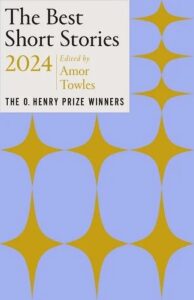
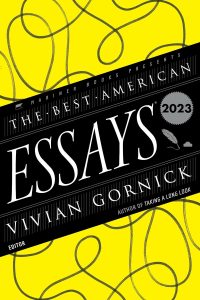
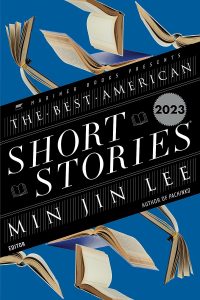
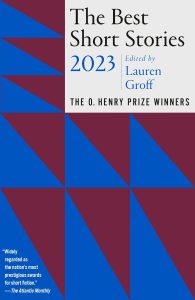
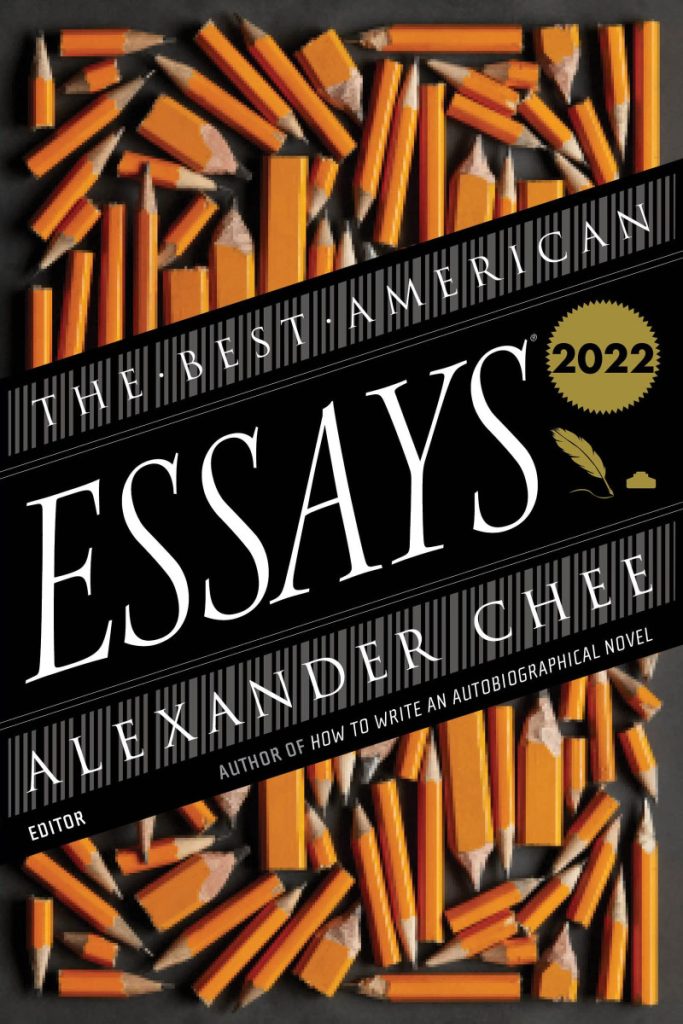
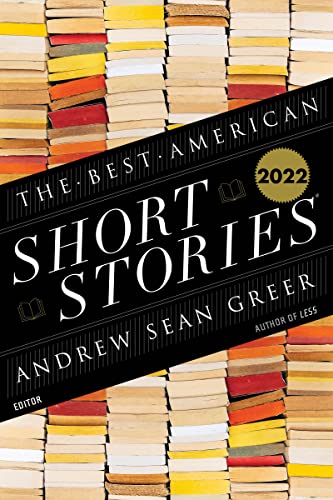
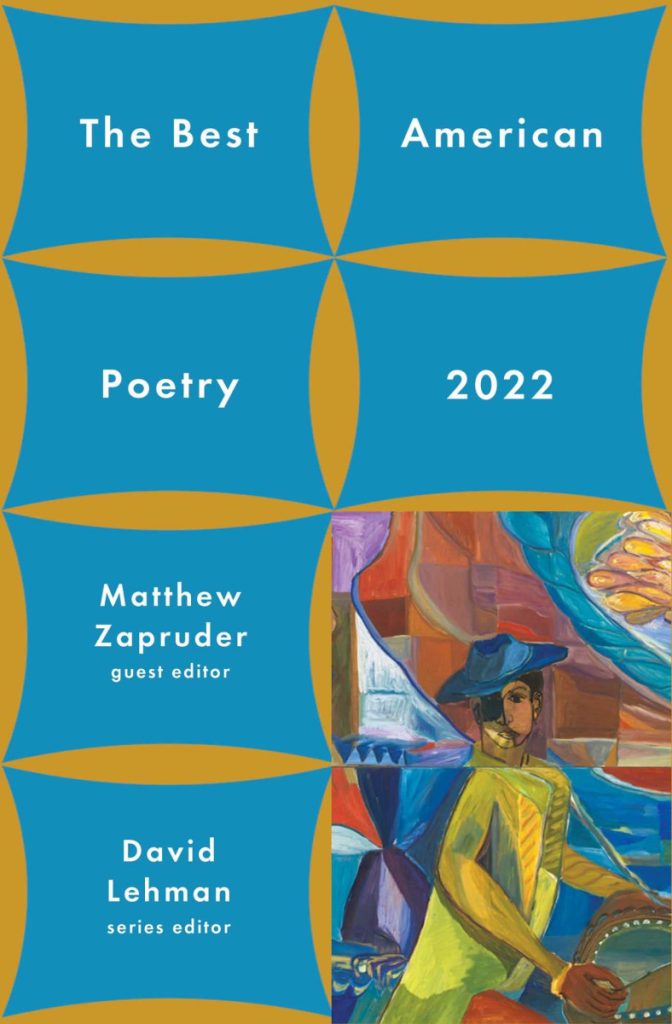
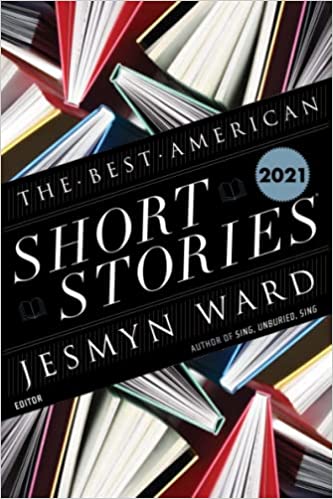
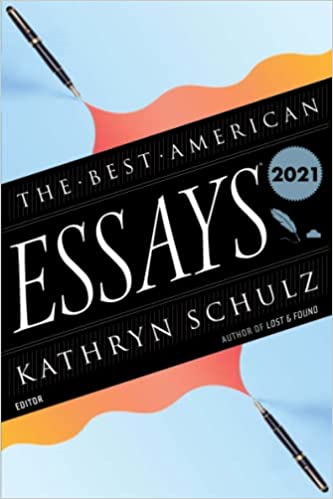
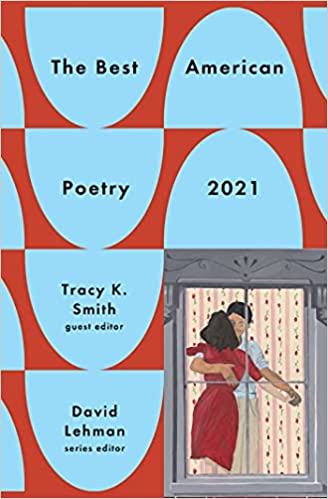
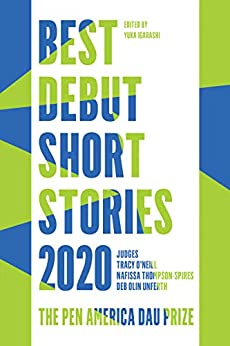
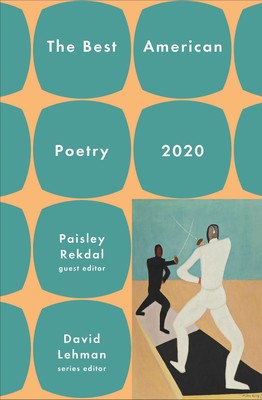
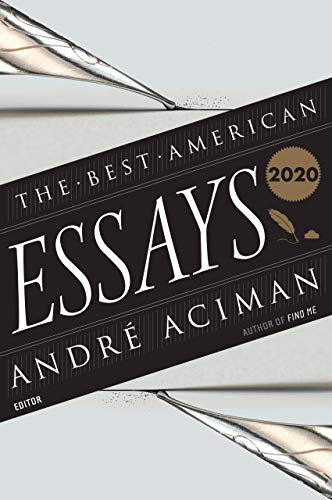
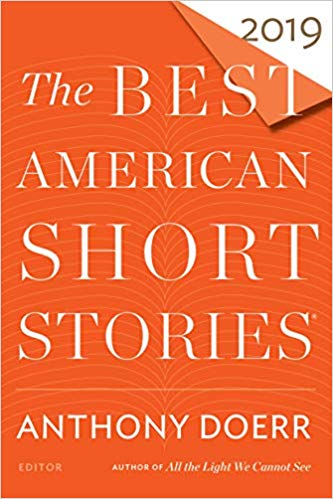
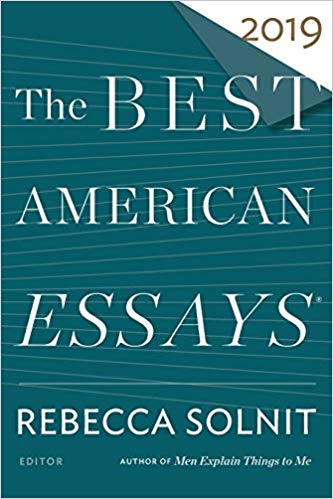
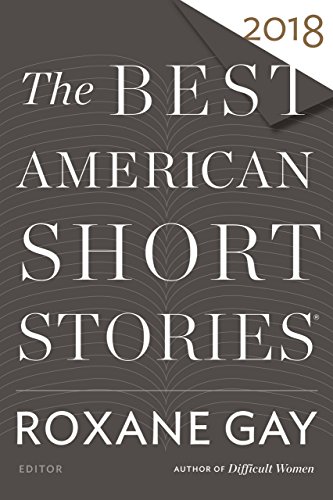
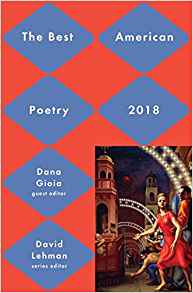
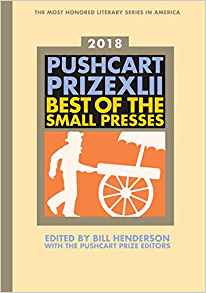
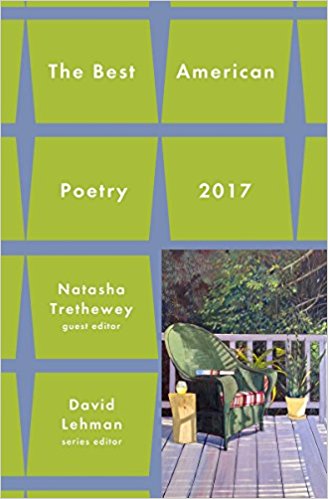
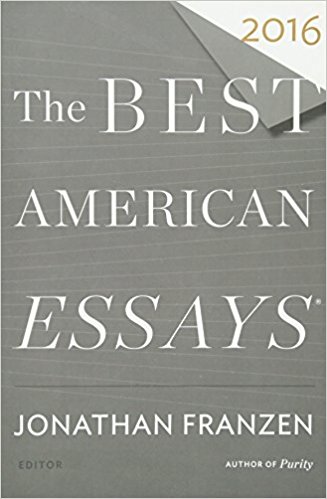
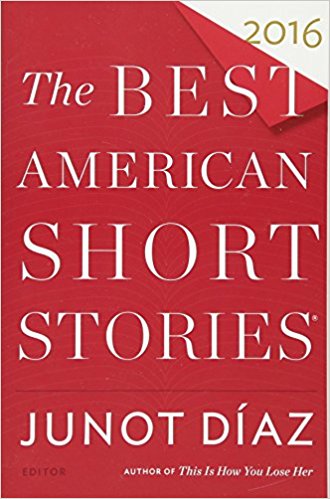
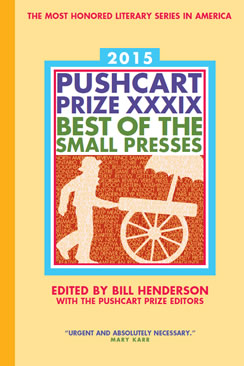
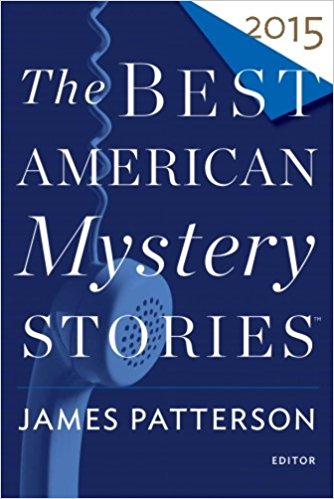


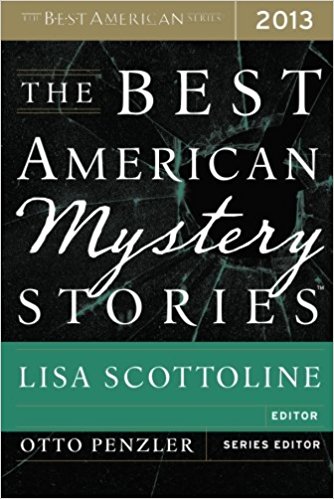
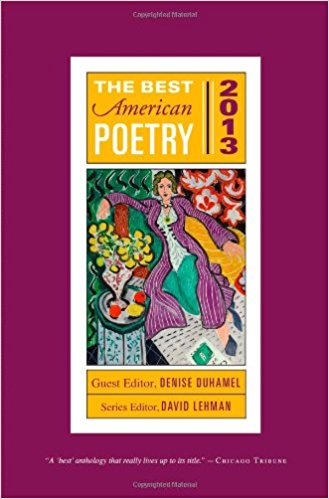
 Rebecca Makkai is included in the short list for fiction for her novel The Great Believers from Viking Books / Penguin Random House. The Great Believers deals with friendship and redemption in the face of tragedy and loss set in 1980s Chicago and contemporary Paris. Makkai’s story “The Briefcase” was featured in NER
Rebecca Makkai is included in the short list for fiction for her novel The Great Believers from Viking Books / Penguin Random House. The Great Believers deals with friendship and redemption in the face of tragedy and loss set in 1980s Chicago and contemporary Paris. Makkai’s story “The Briefcase” was featured in NER 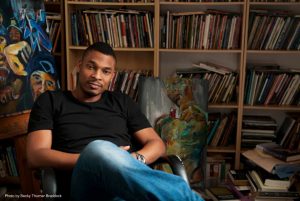 Terrance Hayes is a finalist for the award in poetry for his collection American Sonnets for My Past and Future Assassin, from Penguin Books / Penguin Random House. The poems collected in American Sonnets explores the meanings of American, of assassin, and of love in the sonnet form. His work was featured in NER
Terrance Hayes is a finalist for the award in poetry for his collection American Sonnets for My Past and Future Assassin, from Penguin Books / Penguin Random House. The poems collected in American Sonnets explores the meanings of American, of assassin, and of love in the sonnet form. His work was featured in NER  Alison C. Rollins has been honored with a 2018 Rona Jaffe Foundation Writers Award in poetry. The Rona Jaffe Foundation Writers Awards, founded in 1995 by the late novelist Rona Jaffe, are presented annually to six women writers who display excellence and promise in the early stages of their career. It is the only national literary award designed exclusively to support women writers, and is accompanied with a $30,000 prize. Rollins’s poem “Five and a Possible” is featured in NER
Alison C. Rollins has been honored with a 2018 Rona Jaffe Foundation Writers Award in poetry. The Rona Jaffe Foundation Writers Awards, founded in 1995 by the late novelist Rona Jaffe, are presented annually to six women writers who display excellence and promise in the early stages of their career. It is the only national literary award designed exclusively to support women writers, and is accompanied with a $30,000 prize. Rollins’s poem “Five and a Possible” is featured in NER 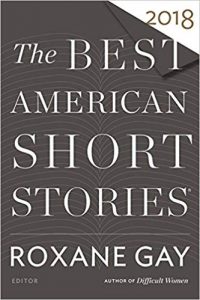
 • Best American Short Stories 2018, guest editor Roxane Gay, ed. Heidi Pitlor, includes Yoon Choi‘s “The Art of Losing,” and among the “Other distinguished stories” is Alyssa Pelish‘s “The Pathetic Fallacy”
• Best American Short Stories 2018, guest editor Roxane Gay, ed. Heidi Pitlor, includes Yoon Choi‘s “The Art of Losing,” and among the “Other distinguished stories” is Alyssa Pelish‘s “The Pathetic Fallacy”